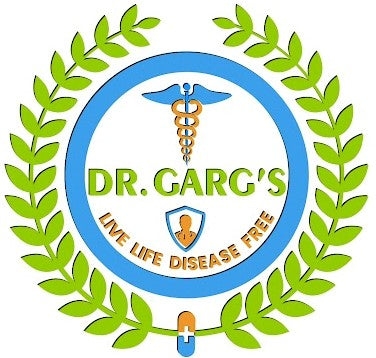Thyroid
Understanding Thyroid: Causes, Symptoms, and Diagnosis, Homeopathic Treatment

Introduction:
The thyroid is a small, butterfly-shaped gland located in the neck that plays a crucial role in regulating various bodily functions. Let us discuss about an overview of the thyroid gland, its functions, common disorders, as well as causes, symptoms, and diagnosis of thyroid-related conditions.
Understanding the Thyroid Gland:
The thyroid gland produces hormones that help control metabolism, growth, and development. The two main hormones it produces are thyroxine (T4) and triiodothyronine (T3). These hormones influence almost every cell in the body, affecting energy levels, heart rate, weight, body temperature, and more.
Common Thyroid Disorders:
1. Hypothyroidism: This condition occurs when the thyroid gland doesn't produce enough thyroid hormones, leading to a slowdown in bodily functions. Symptoms may include fatigue, weight gain, constipation, dry skin, and depression.
2. Hyperthyroidism: In contrast to hypothyroidism, hyperthyroidism is characterized by an overactive thyroid gland, resulting in excessive production of thyroid hormones. Symptoms may include weight loss, rapid heartbeat, irritability, tremors, and increased sweating.
Causes of Thyroid Disorders:
1. Autoimmune Disorders: Conditions such as Hashimoto's thyroiditis (causing hypothyroidism) and Graves' disease (causing hyperthyroidism) occur when the immune system mistakenly attacks the thyroid gland.
2. Iodine Deficiency: The thyroid needs iodine to produce hormones. Inadequate iodine intake can lead to thyroid problems, particularly hypothyroidism.
3. Thyroid Nodules: These are small growths or lumps that form within the thyroid gland, which can be either noncancerous (benign) or cancerous (malignant). Nodules may disrupt normal thyroid function.
Symptoms of Thyroid Disorders:
Thyroid disorders can manifest in various ways, depending on whether the thyroid is overactive or underactive. Common symptoms include:
1. Fatigue and weakness
2. Unexplained weight changes
3. Mood swings and depression
4. Irregular menstrual cycles
5. Hair loss
6. Sensitivity to cold or heat
7. Muscle aches and joint pain
Diagnosis of Thyroid Disorders:
If you suspect a thyroid disorder, consult a healthcare professional who may perform the following diagnostic tests:
1. Blood Tests: Measure levels of thyroid hormones (T3, T4) and thyroid-stimulating hormone (TSH) to assess thyroid function.
2. Imaging Tests: Ultrasound or radioactive iodine uptake scans can help visualize the structure and activity of the thyroid gland, aiding in the detection of nodules or other abnormalities.
3. Biopsy: In cases of suspicious nodules, a small tissue sample may be taken for examination to determine if cancer is present.
Consultation with a Homeopathic Practitioner:
It is crucial to consult with a qualified homeopathic practitioner for an accurate diagnosis and appropriate treatment plan. Dr. Garg’s Clinic uses a highly individualized approach. Dr. Garg is a skilled practitioner will consider various factors, including symptoms, medical history, and overall health, to recommend the most suitable remedies according to Homeopathy.
Conclusion:
The thyroid gland plays a crucial role in maintaining the body's overall balance and well-being. It is important to be aware of the causes, symptoms, and diagnosis of thyroid disorders to seek appropriate medical attention when needed. Regular check-ups and communication with Dr. Garg’s Clinic are essential for maintaining thyroid health. Stay informed and take care of your thyroid for a healthier life!
